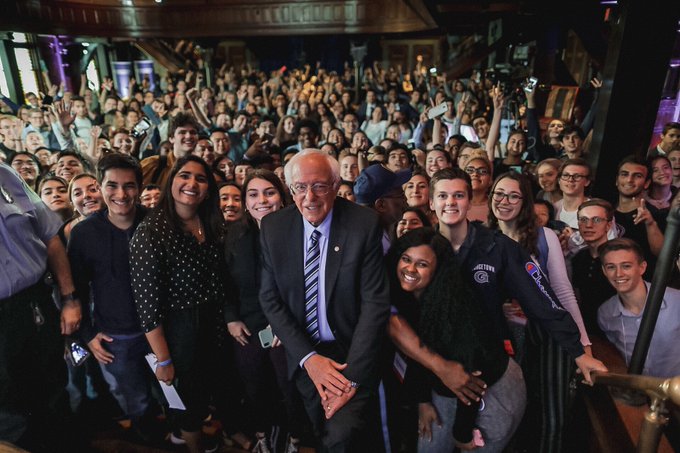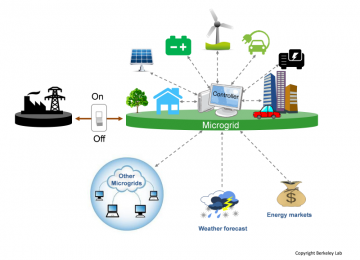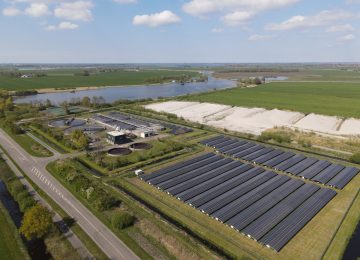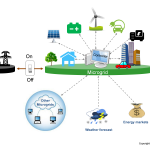An explosive new investigative report by Joe Rubin and Ari Plachta in the Sacramento Bee revealed that utility companies have regularly used ratepayer funds to block climate solutions like electrification. If true, this would be illegal and constitute fraud.
SoCalGas claims that its lobbying activities are paid out of profits, but in a brief by the California Public Advocate’s Office, the agency accuses SoCalGas and San Diego Gas and Electric Company of spending millions of dollars in ratepayer funds on lobbying against climate change policies and suing the state to prevent pro-climate rules from going into effect.
Utilities are allowed to engage in political activities, but they are required to pay for them out of their profits. Using ratepayer funds for any kind of political activity is illegal.
The Bee quotes Mary Flannelly, a spokesperson for the state’s Public Advocate Office as saying, “SoCalGas has been using ratepayer dollars to engage in advocacy efforts against California’s climate policies… This inappropriate use of ratepayer funds only serves to benefit SoCalGas at a time when ratepayers are dealing with increasingly high customer bills.”
Sac Bee investigative reporters reviewing publicly available records found that “SoCalGas booked at least $36 million to ratepayers for political lobbying to undermine California policies aimed at addressing the climate crisis since 2019.”
At a time when the state is falling behind on its climate change goals, utilities have worked to stop some of the most important solutions to climate change. One of the particularly egregious examples in the Bee article has to do with the California Energy Commission efforts to phase out natural gas plants – one of the largest state contributors to greenhouse gas emissions outside of transportation.
In 2020 SoCalGas sued the CEC over their plans to phase out natural gas and paid attorneys with ratepayer funds.
Mike Vespa, an attorney with EarthJustice, was quoted “What is so messed up here,” he said, “is not only are ratepayers paying for this litigation, but then the agencies, which are taxpayer funded, have to squander resources to defend against baseless harassment lawsuits.”
The article also details multiple times where journalists or regulators found that the utility had used ratepayer funds improperly, only for the companies to call it an accounting error when called out on the misappropriation. The utilities have used other tactics to hide their activities from the Public Advocate and other investigators, such as claiming attorney client privilege, or concealing their contracts with PR firms with first amendment claims.
Mike Campbell, program manager for the Advocate’s Office, told The Bee he is concerned that these types of tactics are hiding possible “financial malfeasance.”
The gas giants deny any claims of wrongdoing other than those that they have already been fined for, like a 2019 video campaign that called natural gas a type of renewable energy.
They were fined $175,000 and spent another $200,000 on lawyer fees to fight that lawsuit.
Using ratepayer funds to stop climate change or effect political change is not unique to California utilities. Both gas and electric corporations rely on business as usual to bring profit to their shareholders. Without a regulator or the legislature taking strong action, they are likely to continue using ratepayer funds to block solutions to climate change.



































